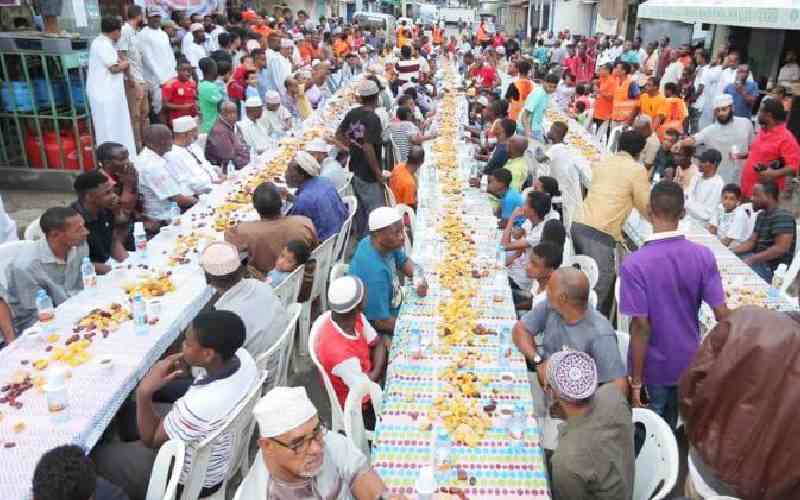×
The Standard e-Paper
Stay Informed, Even Offline

We cannot escape the digital media reality as it has increasingly become a necessary part of our day to day life.
Yet as we navigate through the Holy month of Ramadhan, Muslims also have a duty to reflect on what matters more. Do we wish to fully reap benefits of Ramadhan or spoil our fasts thanks to our digital media culture?